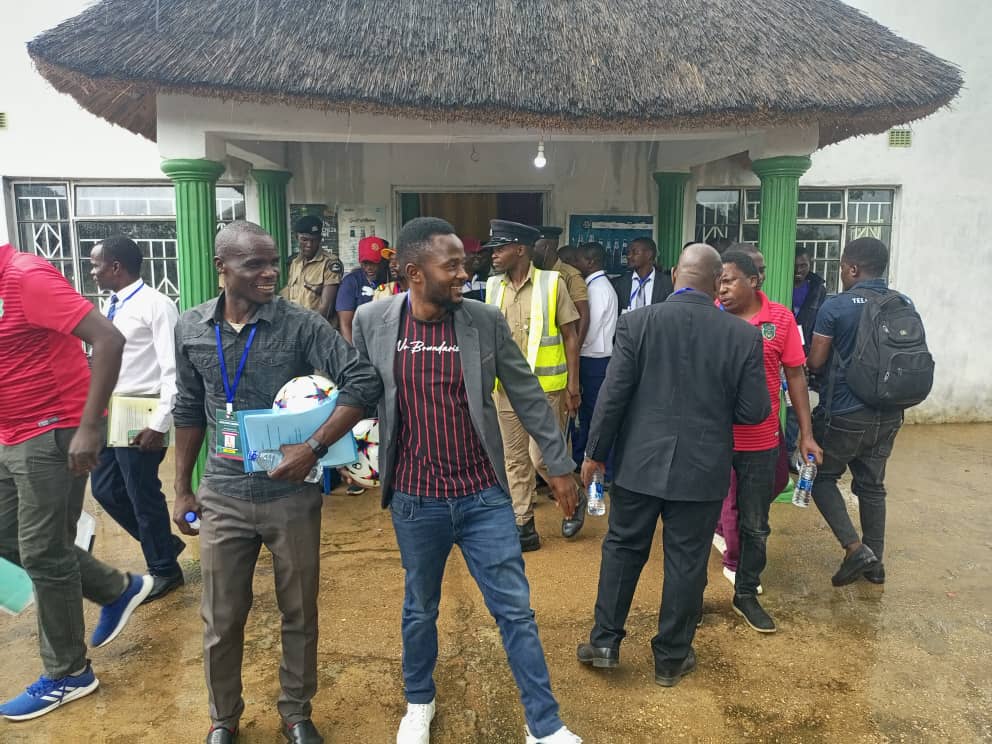By Burnett Munthali
The Last Mile Infrastructure Project, a key component of the Southern African Trade and Connectivity Project (SATCP), is expected to see improved implementation amid growing concerns about delays.
The initiative, valued at $150 million and funded by the World Bank, was launched in 2021 with the goal of enhancing trade and connectivity in Malawi and Mozambique.
It is scheduled for completion by 2027.
Designed to boost regional trade, the project focuses on the construction and rehabilitation of vital infrastructure, including roads, market facilities, and border posts.
However, despite its ambitious objectives, progress has been slower than expected due to coordination challenges between Malawi and Mozambique.
This concern was highlighted by project consultant Domingos Diogo during his recent feasibility study visit to Malawi.
Diogo noted that the lack of synchronized planning and execution between the two countries has hindered effective implementation, delaying the anticipated benefits.
He stressed the importance of stronger collaboration and communication between both governments to ensure that the project stays on track.
Despite these challenges, Joab Chakhaza, the communications specialist for SATCP, has assured stakeholders that major construction works will soon commence.
He confirmed that market sheds, roads, and bridges under the project are set to be rolled out, which will significantly improve trade and connectivity in the region.
These infrastructural developments will enhance transport networks, facilitating the smoother movement of goods and services across borders.
Among the key projects earmarked for implementation in Malawi is the rehabilitation of the Liwonde-Matawale road, a critical transport link that will enhance trade routes.
Additionally, the refurbishment of the Chiponde border post is expected to streamline cross-border trade between Malawi and Mozambique, reducing congestion and improving efficiency.
Another major development under the project is the procurement of drones for the Malawi Revenue Authority (MRA).
The introduction of drones will strengthen border surveillance, helping to curb smuggling and enhance tax collection efforts.
The successful execution of the Last Mile Infrastructure Project is expected to yield significant economic benefits for Malawi and Mozambique.
By improving transport infrastructure, the initiative will lower transportation costs, boost trade efficiency, and promote regional economic integration.
Stakeholders remain optimistic that with improved coordination between the two countries, the project will be completed within the stipulated timeline, ultimately contributing to the economic growth and development of the region.




